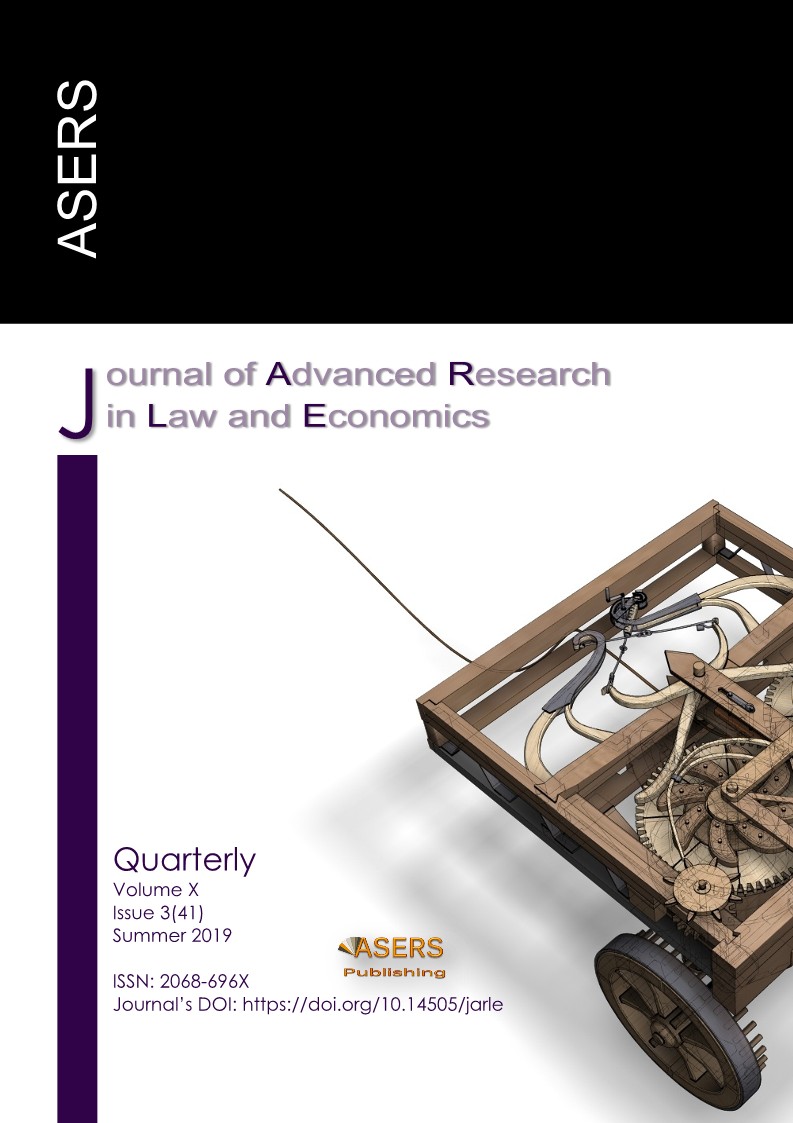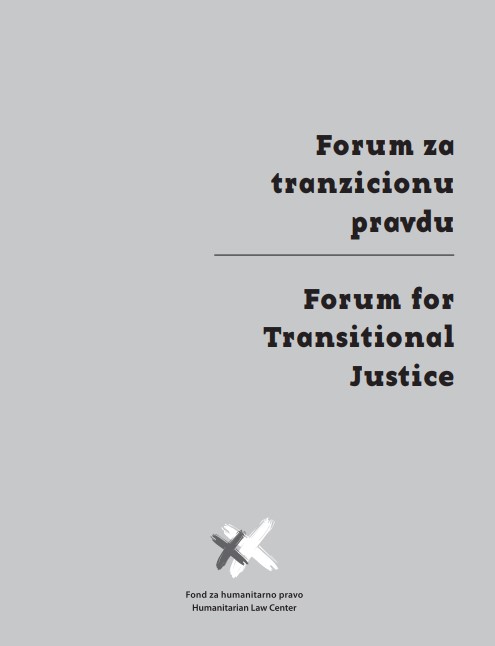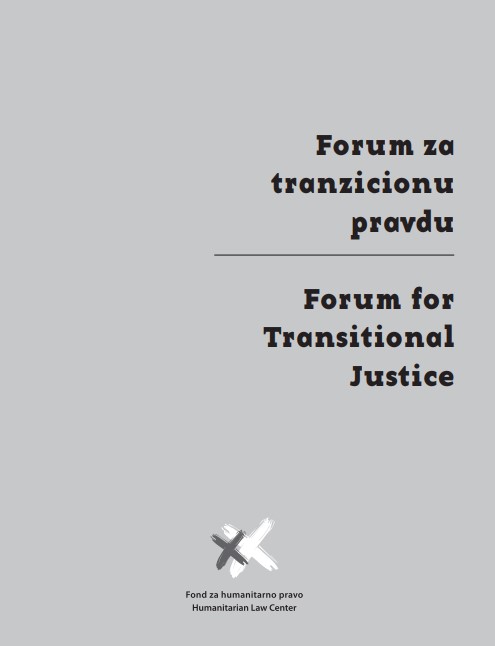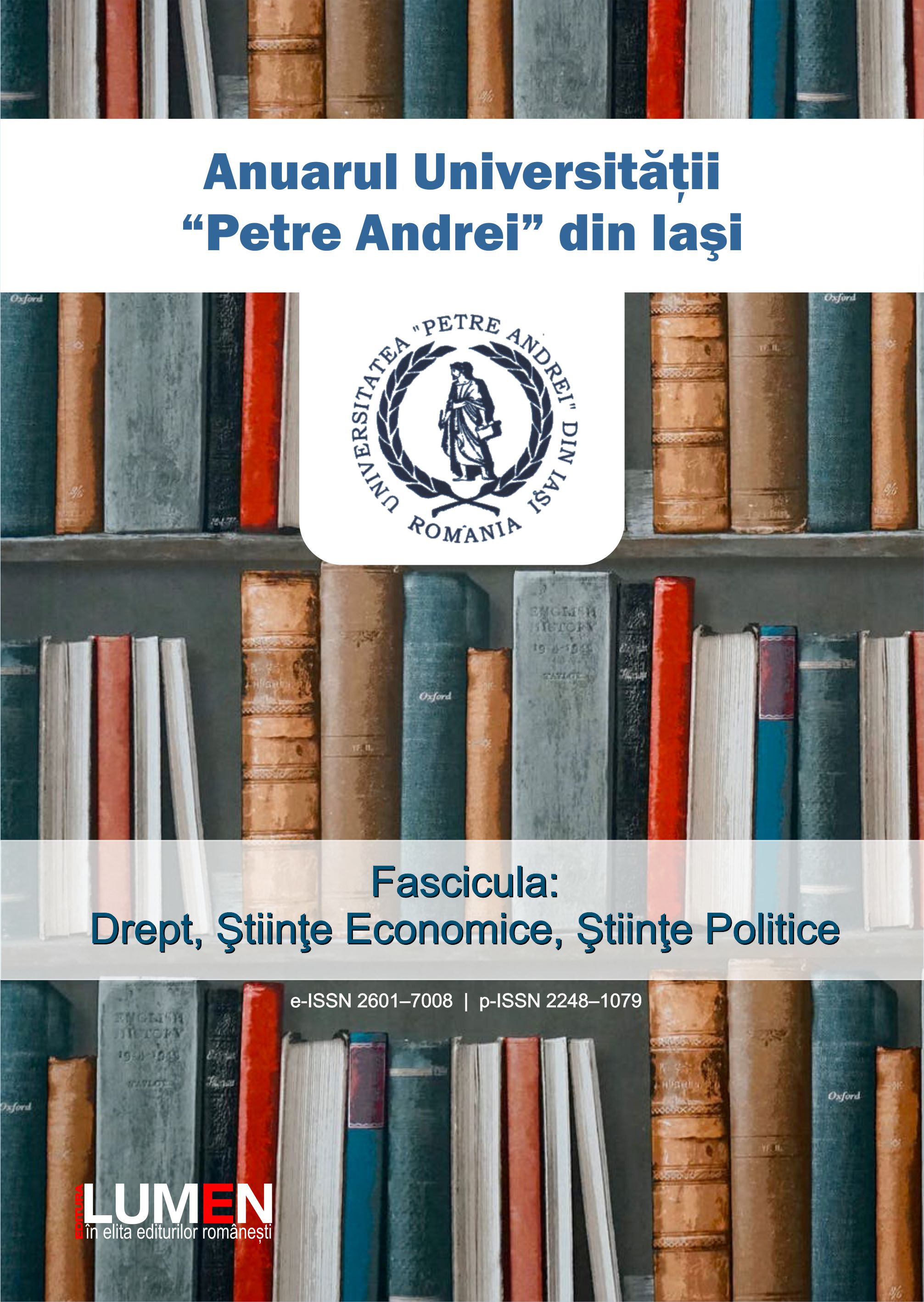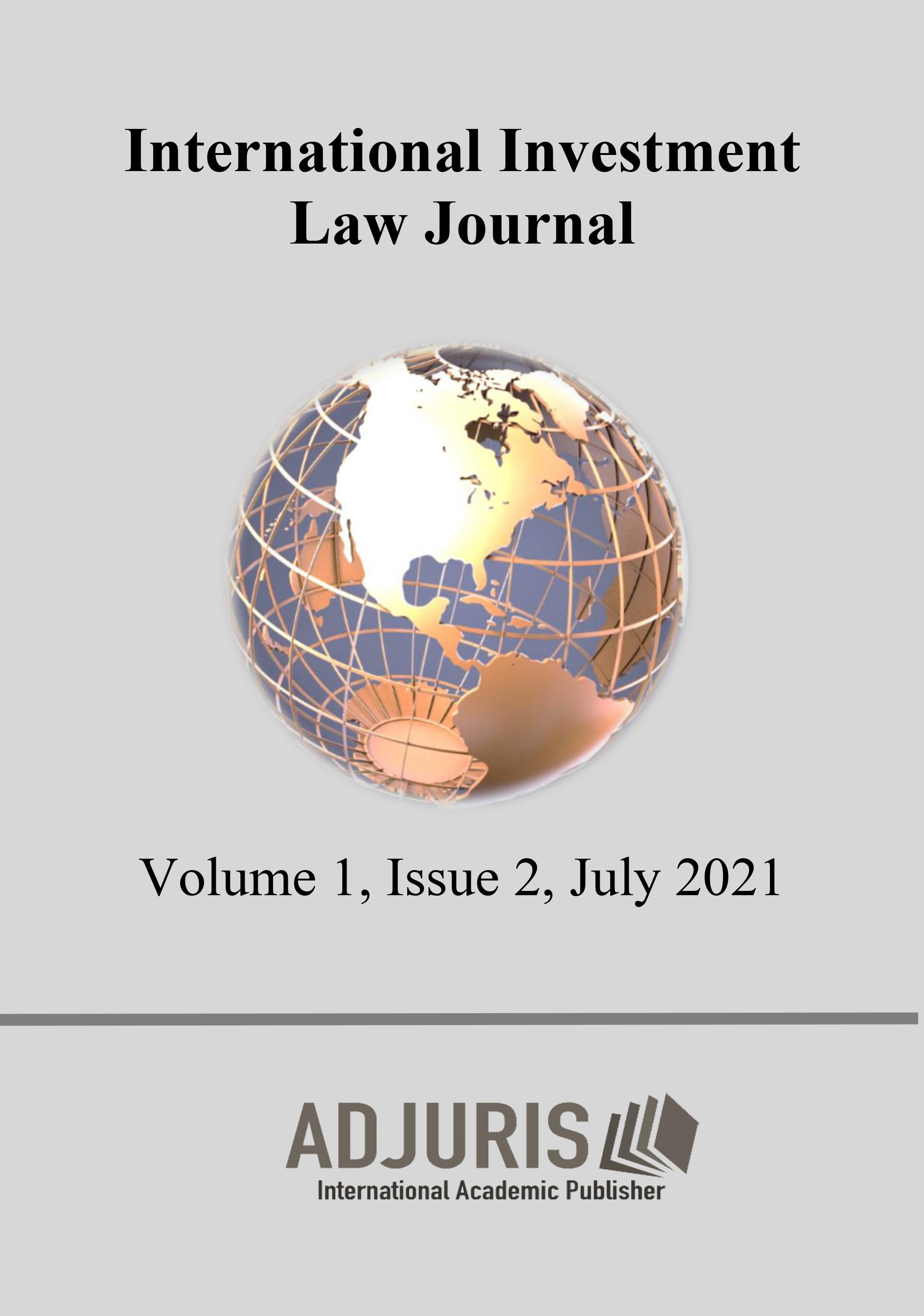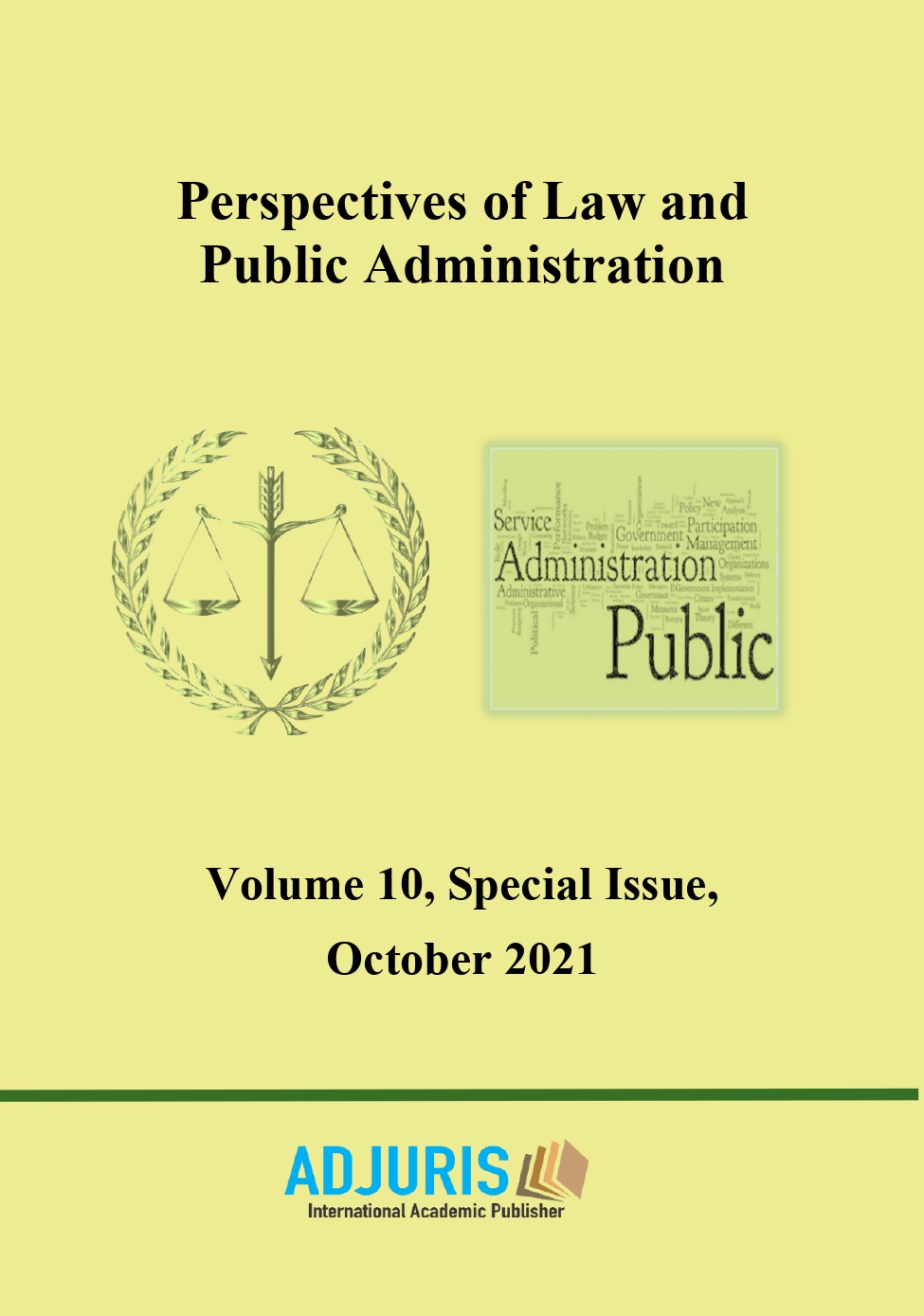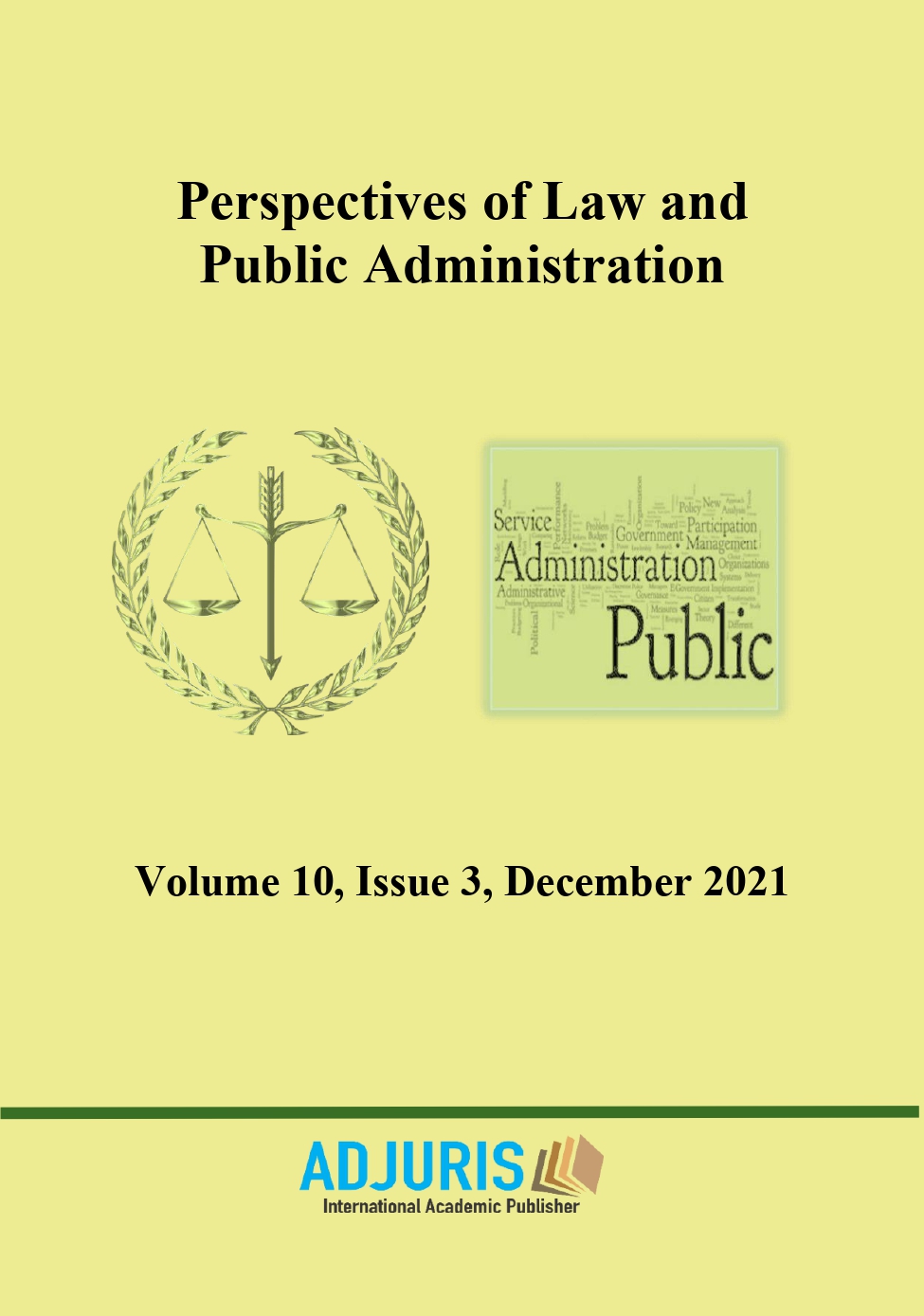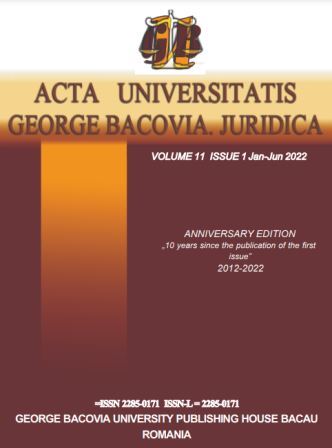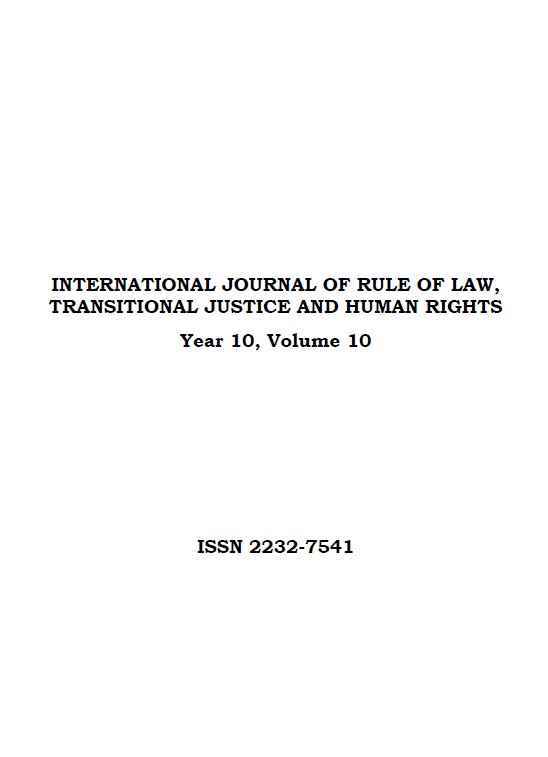
The Role of Social Media in the Transitional Justice Process in the Gambia
The Truth, Reconciliation and Reparations Commission (hereafter TRRC) was set up to investigate and establish an impartial historical record of the atrocities and human rights violations committed during former President Yahya Jammeh’s ruling in The Gambia between July 1994 and January 2017. As more Gambians are gaining access to smartphones, most of them receive information on the TRRC’s activities and ongoing procedure through social media. Therefore, the TRRC may arguably be the most accessible truth commission in history, whilst at the same time it has been successful in remaining a Gambian-led process. This essay seeks to examine how social media is being used by the TRRC and the general public, for its outreach activities, its hearings and the promotion of non-reoccurrence of Jammeh’s events. The TRRC is arriving at the end of one of its two-year mandate and though there is anecdotal evidence to suggest that social media has influenced the activities of the TRRC, no thorough study has been conducted to explore the extent to which social media could influence the TRRC in its outreach missions, public engagements, its hearings and the decisions on who would be recommended for prosecutions or amnesties.
More...
